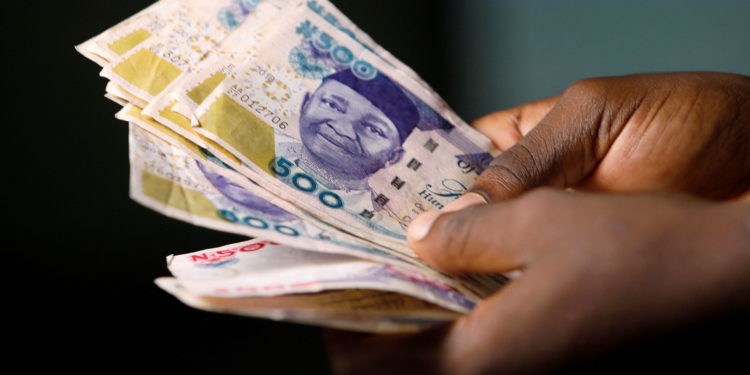Nigeria’s central bank increased its key interest rate at successive meetings for the first time in more than a decade and signalled even higher borrowing costs, escalating its response to curb accelerating inflation.
On Tuesday, the monetary policy committee voted to hike the rate by 100 basis points to 14%, Governor Godwin Emefiele said in a televised briefing in the capital, Abuja. The last time the MPC hiked at two consecutive meetings was in 2011.
The MPC “expressed concern about the continued aggressive movement in inflation,” even after it increased rates by 150 basis points at the previous meeting, Emefiele said. The committee expressed its resolve to “restore price stability while providing the necessary support to strengthen our fragile economy,” he added.
Inflation quickened to a five-and-a-half-year high of 18.6% in June and has exceeded the 9% ceiling of the central bank’s target band for seven years.
“If inflation continues at this particularly aggressive rate, we will continue to tighten,” Governor Godwin Emefiele.
The MPC’s decision to hike was unanimous, with six members voting to raise by 100 basis points, three by 50 basis points and one each calling for increases of 75 and 150 basis points.
Nigeria’s economy was a late mover globally in lifting rates to temper inflation and capital outflows. However, it has now raised borrowing costs by 250 basis points, making it one of seven central banks on the continent that have hiked by 200 basis points or more this year.
While the rate increase may help prop up the naira and anchor inflation expectations, it’s likely to draw criticism from some politicians as Nigeria prepares for presidential elections next year and as the economy recovers from two contractions since 2016. The central bank sees the economy expanding 3.3% this year, compared with the 3.24% forecast in May.
The naira gained 0.3%, to 422.30 per dollar — its strongest level in almost two weeks by 2:18 p.m. in Abuja.
Read also; Dollar Shortage puts Nigeria’s Frontier’s Market at Risk.




